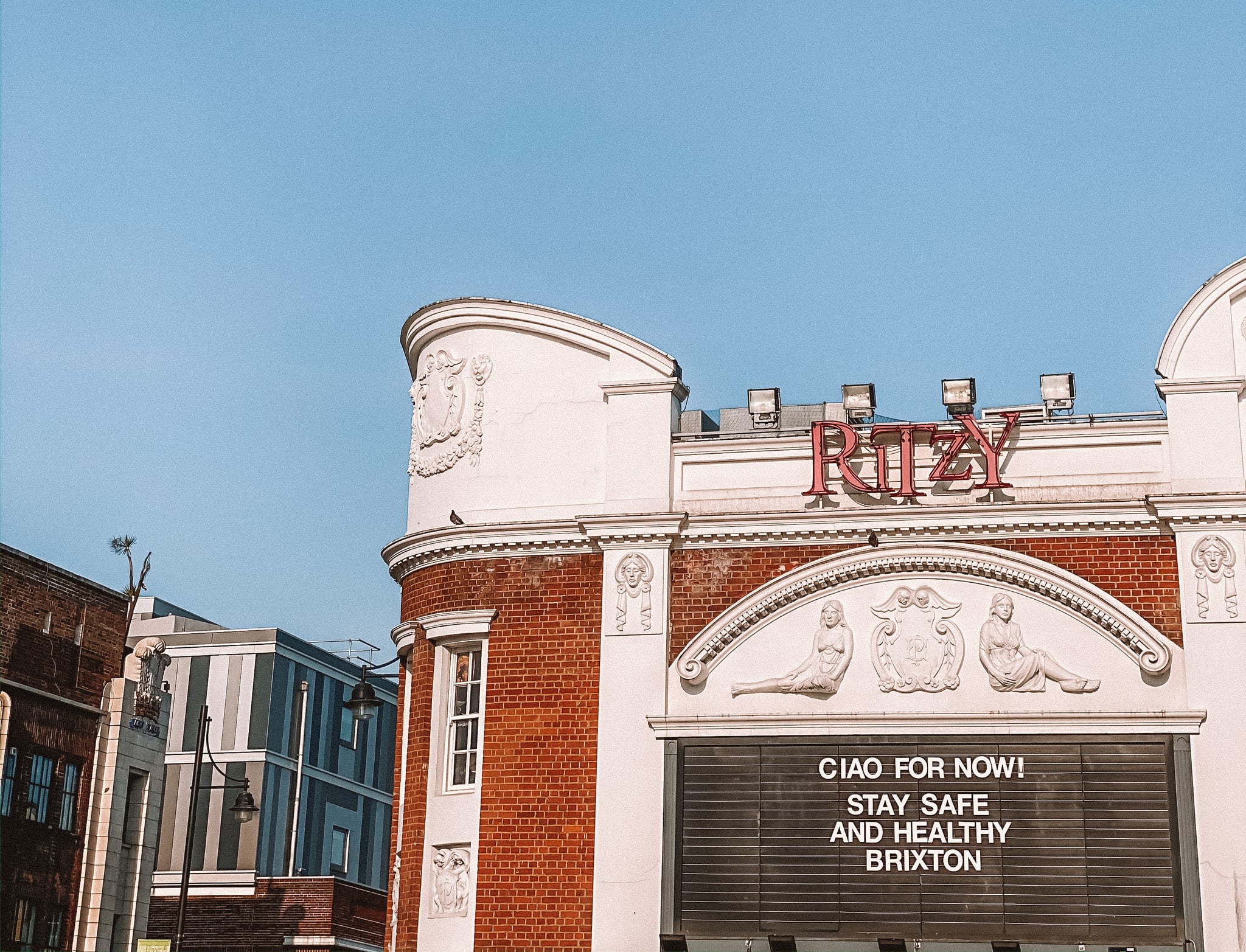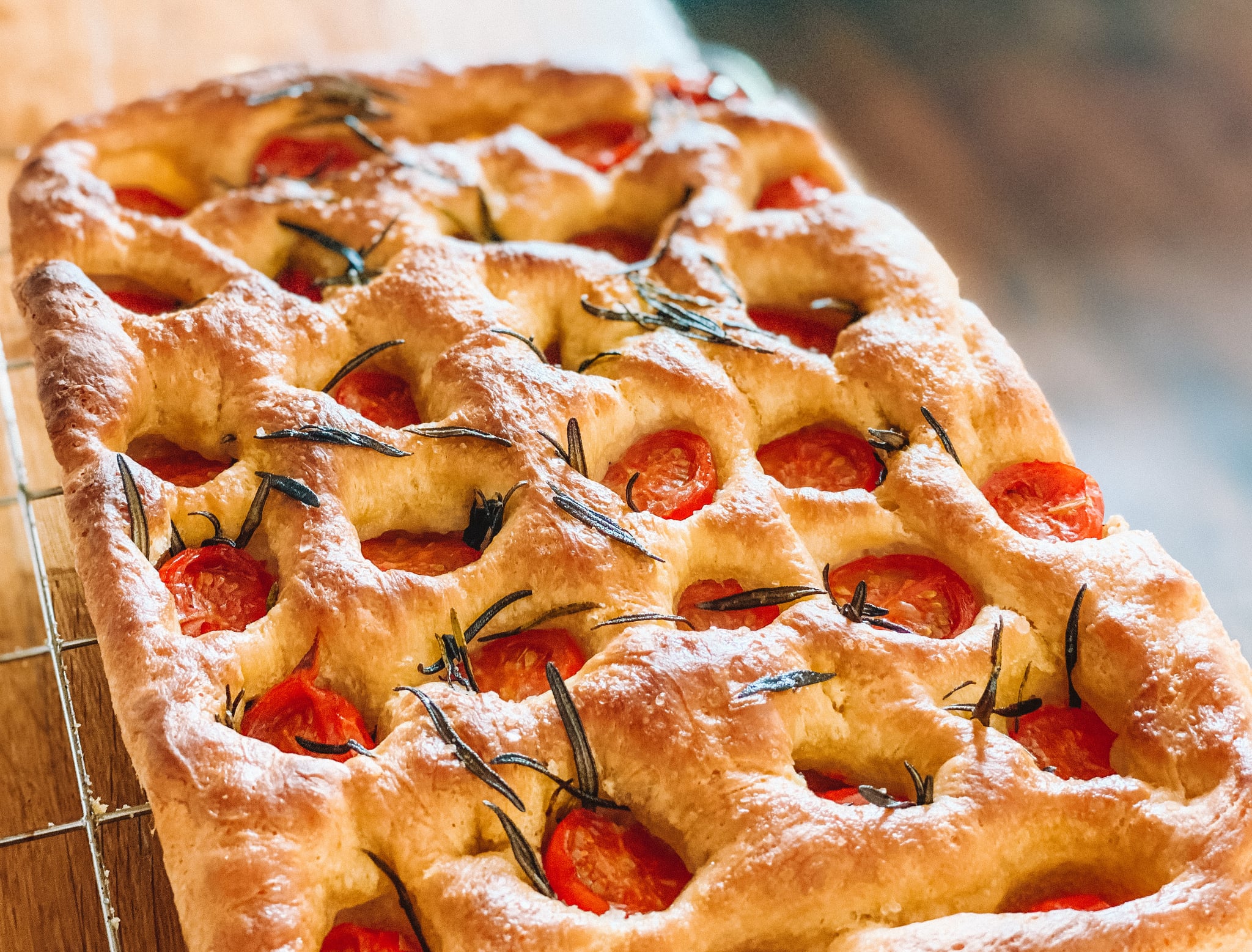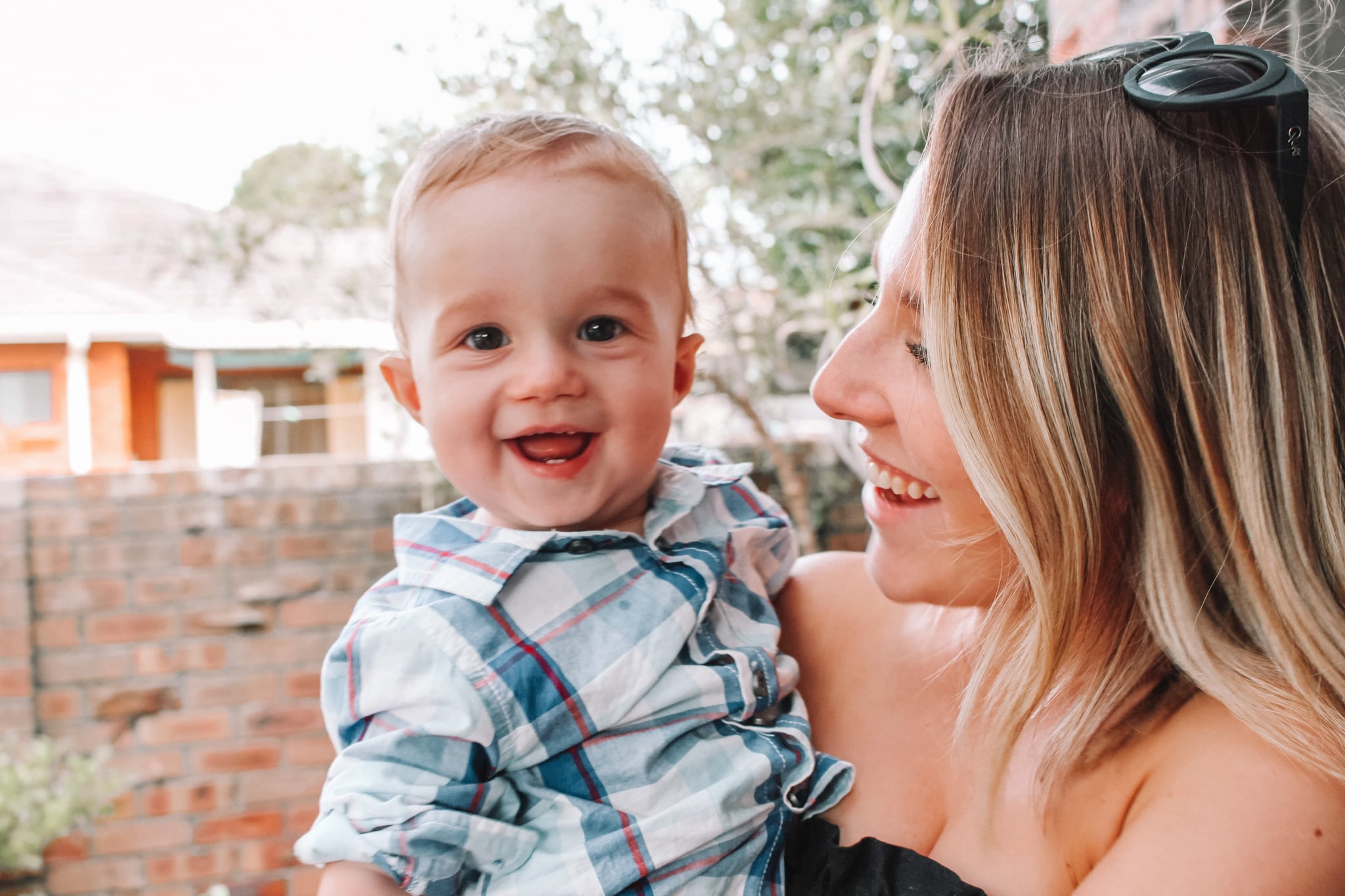Living Overseas and Away From Family During COVID-19 Essay
Watching My Country's Borders Close From Afar Was Heartbreaking, but I'm Still Trying to Find Joy
I think we're all in agreement that living through the COVID-19 pandemic is a tumultuous ride. I've experienced more emotions in the past month that I would normally feel in an entire year . . . at least. I've felt true anxiety for the first time in my life. I've felt like I'm on the weirdest, sh*ttiest rollercoaster of all time, and I've felt even more untethered than I did when I packed up my entire life and moved from Sydney to London two years ago.
I can't speak for how anyone who's socially distancing in the same city as their family feels right now. I imagine you're all feeling the separation as deeply as I am. But I can speak with a fair amount of authority on what it's like to quarantine in a country that isn't your own, 17,000 kilometres from your family, and how it feels to watch the borders of your country close from afar.
I've watched friends pack up their lives and head back to Australia in under 24 hours after being laid off. I've seen other friends be furloughed and decide to wait it out, hoping it'll all work out and that their visas won't be terminated before they can return to work. If you, too, live overseas, then you've probably received similar messages from your family, like I have. Ranging from "come home" to "no seriously, don't you think it's time for you to come home?" I'd be lying if I said I haven't asked myself the same question more than once.
This year has been tough for Australians living overseas. First, we watched as our country burned in unprecedented bushfires that were like nothing we'd seen before (and let me tell you, us Australians are very well acquainted with fires). Then, the pandemic happened. The day after Justin Trudeau tore at our heart strings when he looked straight down the camera and told Canadians "it's time to come home," the Australian prime minister, Scott Morrison, made the same plea — admittedly with lot less charisma and emotion than Trudeau, but with the same urgency.
I didn't go home . . . I watched from afar as the Australian borders closes, the flights dried up, and the lockdowns got tighter.
I didn't go home. My partner and I made the decision to sit tight in London and weather the storm on the opposite side of the world from our families. We have jobs here, an apartment, and at the time, I was also experiencing most of the COVID-19 symptoms, so I was in absolute lockdown inside my house. The idea of leaving my flat to go for a walk — let alone to travel back to the relative safety of Australia — was out of the question, regardless of what my family wanted and how strongly I felt the pull to run home to them.
So, I watched the borders close, the flights dry up, and the lockdowns get tighter. While living in London, I've always held onto the knowledge that if something terrible happened — if sh*t were to truly hit the fan — I could theoretically be with them in under 30 hours. Watching that option disappear — during a global health crisis, no less — was terrifying.
In the first week of lockdown, I kept telling my partner (from the deep, dark depths of my glass case of emotion) that I couldn't figure out what I was feeling, exactly. I knew that I felt unsafe, scared, uncomfortable in my skin, and so damn far from home. But I didn't realise that the overwhelming emotion I was feeling was (and is) grief until the Harvard Business Review (HBR) told me so. David Kessler, an expert on the topic, explained that we're feeling more than one type of grief because we realise that COVID-19 has changed the world as we know it, maybe forever. "The loss of normalcy; the fear of economic toll; the loss of connection. This is hitting us and we're grieving. Collectively," said Kessler.
So, how do we cope with the grief? Kessler said, "It's absurd to think we shouldn't feel grief right now. Let yourself feel the grief and keep going." I'm not an expert, but personally, in addition to feeling the feels, I'm searching for the glimmers of light shining through the madness, and that seems to be helping (even if only for a minute). I've laughed at countless dumb memes, and focused on the heartwarming stories circulating the internet. Like the WWII veteran from Yorkshire, Tom Moore, who's raised over £12 million for NHS charities by walking 100 laps around his back garden to celebrate his 100th birthday. I'm donating to Tom's cause, and staying grateful that I still have a job that allows me to do so.
But more than that, I'm trying to really take notice of all the little moments that make a huge difference to my mental health. Every Thursday night at 8pm, I hang out my window to clap for all of the essential workers, and to remind myself that there are real people behind all of the closed doors on my street — and that they're all staying home in a collective act of love for the community, like I am.
I walk around my local park during off-peak times, because I know that going at busy times will just add to my stress levels. I video chat with my family . . . a lot. I do a virtual pub quiz with a few friends every Friday night. I drink wine at home now, which I never did before, but it's making me happy. I'm limiting my news consumption to only once or twice a day. I almost exclusively watch nostalgic '00s movies and read feel-good romance novels. Yep, I've baked bread, too (the focaccia pictured above, to be exact). I'm seeking out Australian podcasts (like this one) and TV shows (PSA to Australians, an all-star season of MasterChef just started) that make me feel like I'm at home for a few minutes. My sister has started sending old photos of me with one of my nephews, and while I'm not convinced she knows this, it's having a hugely positive impact on my emotional state.
The coronavirus pandemic is horrific — no one can dispute that. But I think it's also appropriate, if not absolutely crucial, that we celebrate the beautifully pure human moments that are emerging as a result of this tragedy. During the Australian bushfire crisis earlier this year, I found hope by looking for the helpers in the midst of the crisis. This time around, I'm doing exactly the same thing, and I urge you to do the same.
Hang out your window and clap for the essential workers, bake banana bread (and then eat it all in one sitting), go for your daily government-sanctioned walk around the block, and if all that fails, I wholeheartedly recommend a Fast and Furious movie marathon. Nothing offers escapism quite as thoroughly as watching hours upon hours of these ridiculous movies does. But if cheesy action movies aren't your thing, remember that little pockets of joy exist everywhere; sometimes we just need to create them ourselves.









